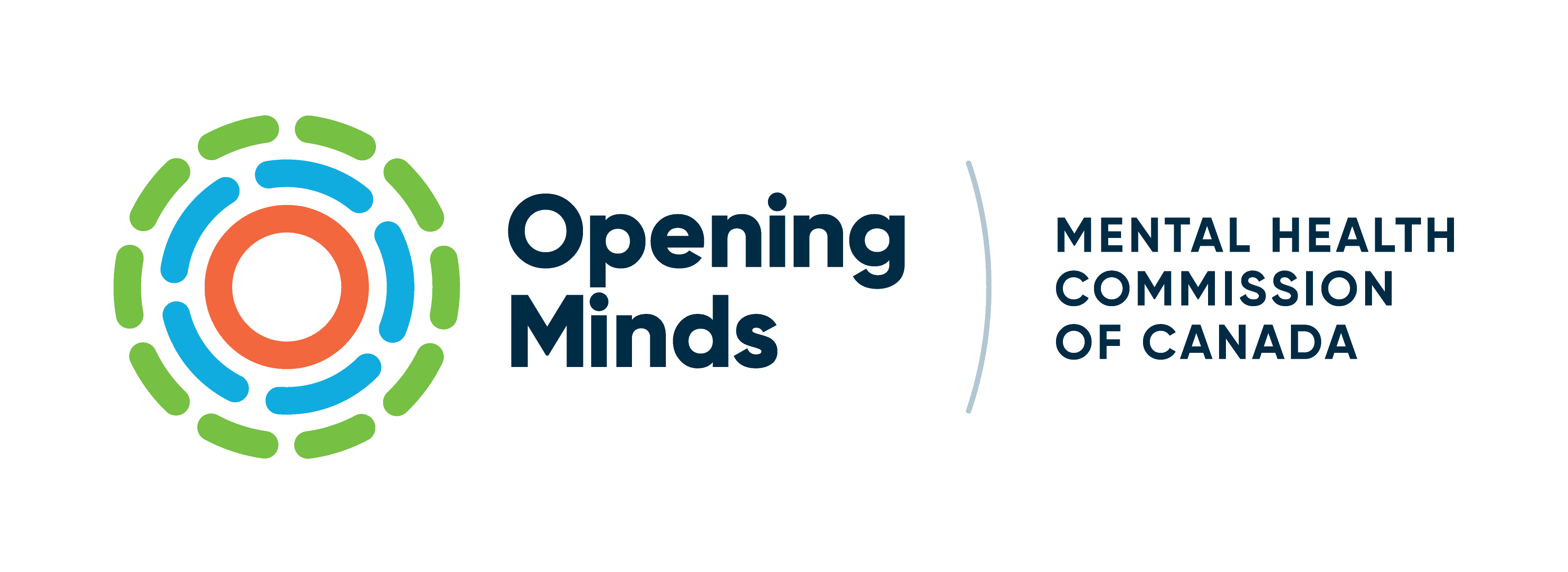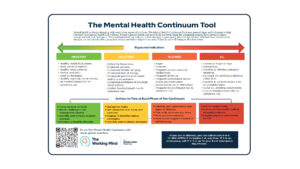New data being released for Mental Health Week sheds light on the persistent stigma faced by people in Canada who identified living with a mental health or substance use disorder.
Over 4,000 people across Canada were polled on their perceptions on mental health and substance use health. Nearly half, or 2,005, disclosed they were living with a mental health or substance use disorder.
Key findings from the data include:
- 95% of people with a mental health or substance use disorder indicated that they have been impacted by stigma in the past 5 years.
- 72% of people with a mental health or substance use disorder shared feelings of self-stigma often internalizing negative stereotypes and thinking negatively about themselves.
- 40% of participants reported that in healthcare settings they had been stigmatized while receiving care.
- Priorities for change identified by participants include greater access to services, preventive mental health services, and stigma reduction.
“It is important that we highlight to people living with a mental illness or substance use disorder. You are not alone in these experiences,” states Dr. Heather Stuart, Bell Canada Chair in Mental Health & Anti-Stigma Research and one of the researchers leading this work. “Stigma remains an important and frequently encountered problem. Despite the incredible inroads we’ve made in our society more needs to be done including innovative approaches to limiting self-stigma.”
“We all have a role to play in eliminating stigma,” said Michel Rodrigue, president and CEO of the Mental Health Commission of Canada. “By working together, we can create a society where people with mental health or substance use health problems and illnesses are valued, supported, and able to reach their full potential.”
“Stigma remains a significant barrier for people with mental health and substance use disorders,” said Dr. Keith Dobson, Professor at the University of Calgary. “These data highlight that, even in healthcare settings, stigma is pervasive. We recognize that our healthcare systems face significant strains, but we must not lose sight of ensuring healthcare encounters continue to be person-centred, recovery-oriented, and stigma free.”
The backgrounder is now available.

